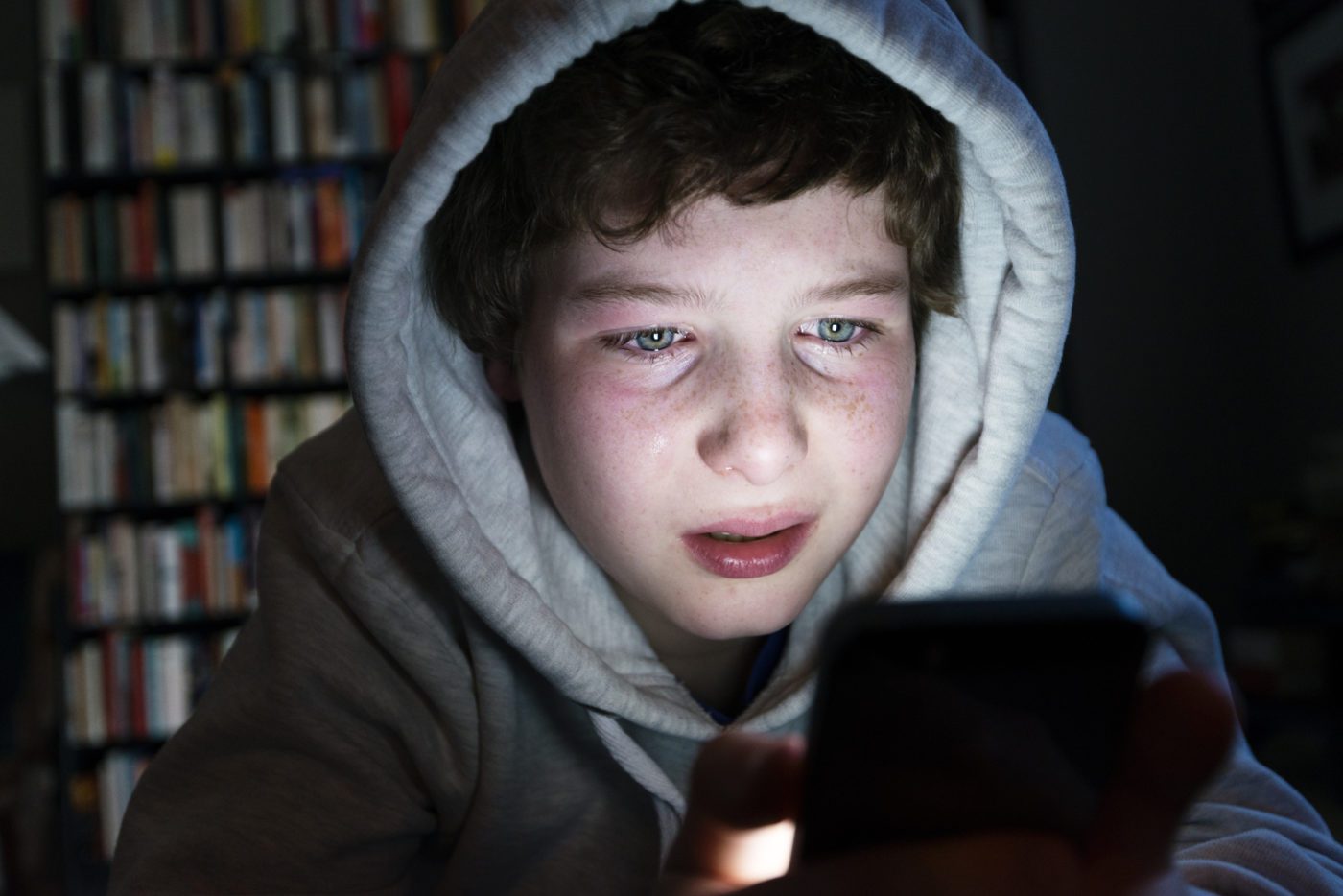Todd Anderson sat nervously in his poetry class. The teacher had given an assignment to write an original poem over the weekend. He devoted a lot of time and effort to it but failed to produce anything for fear of looking foolish in front of his classmates. So he sat unprepared as the teacher called on the students to share their poems, waiting for his turn to walk to plank. When his time finally came, he stated simply, “I didn’t write a poem.” His teacher looked at him and proclaimed, “Mr. Anderson thinks that everything inside of him is worthless and embarrassing. Isn’t that right, Todd? Isn’t that your worst fear? Well, I think you’re wrong. I think you have something inside you that’s worth a great deal.”
Todd’s belief that what he had to offer was worthless made him shrink, collapse inward, and retreat. He, a character in the movie Dead Poets Society, was unwilling to embrace challenges, face failure, and be vulnerable—that is until a great teacher was willing to recalibrate his beliefs to the truth. False beliefs have big implications, especially the ones our kids have about themselves. We need to pay attention to what they think so we can lead them to the truth. Here are 5 beliefs that ruin kids.
1. They need to look or be a certain way.
There are a lot of downsides to social media, but one of the worst is that kids feel like their image and experiences need to match what they see from influencers. But it’s not just online. If they don’t receive attention or validation at school from their peers, they will feel the temptation to take on a false identity to fit in. It leads to low self-esteem and self-image, possibly even self-hatred. Since God created them, I think it’s important to know what He thinks. Isaiah 43 says that they are “precious and honored” in His sight. It also says He loves them. Make sure they know that.
2. They’re loved based on their performance.
This is one of the most common beliefs that ruin kids. I’ll never forget a star football player in high school talking about a bad game he had and how his father told him how disappointed he was in his play. The boy tried to hold back the tears as he told the story, but he couldn’t. The heartbreak was too much for him to contain. Parenting like this teaches our kids that their value is based on their performance. It heightens their insecurities, saddles them with damaging levels of pressure, or possibly instills the belief in the next point.
3. They need to be perfect.
Kids who feel a need to be perfect tend to be perfect at putting themselves down. They live with a burden and pressure that they weren’t made to carry. The apostle Paul had the best perspective. While questioning his difficulties, he wrote in 2 Corinthians 12:9 that God spoke to him: “But he said to me, ‘My grace is sufficient for you, for my power is made perfect in weakness.’ Therefore I will boast all the more gladly of my weaknesses, so that the power of Christ may rest upon me.” No one is perfect, but we can find rest in the fact that God knows what we need and when we need it. If God doesn’t expect perfection from your kids, then no one else should.
4. They can’t question anything.
It can be scary when our kids start to question the values, truths, or faith we’ve taught them. But the worst way to respond is to shut down their questions or their points of view. Doing so may temporarily ease your own discomfort, but it will cause more long-term damage. The reality is that if what you’ve taught them can’t handle being tested, then there’s not much truth to it. Shutting them down will make you and your point of view lose credibility and they will double down on the direction they are going. Encourage their questioning. 1 Thessalonians 5:19–21 says, “Do not quench the Spirit. Do not despise prophecies, but test everything; hold fast what is good.” It’s a good practice to determine what’s true.
Sound off: What are some other potential beliefs that ruin kids?











Huddle up with your kids and ask, “Have you felt pressure lately? If so, from what?”